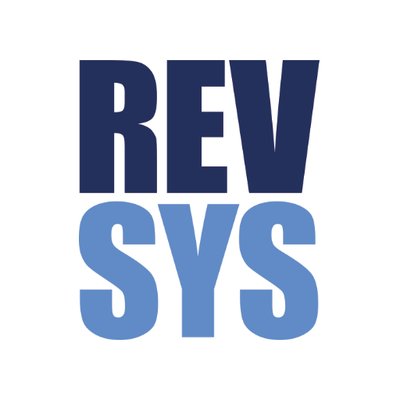Install or update pip dependency and save it to requirements.txt
Project description
pipup - Better requirements.txt management
So why pipup you ask? It's a silly small utility, but it solves some real issues I have on a daily basis. The 3 most common things I need to do with pip are:
- See if a package is installed and, if so, which version is installed
- Install a package and then save the installed version info to requirements.txt
- Upgrade a package and change the entry in requirements.txt
Sadly, pip doesn't help us here so this is why I've created pipup. Running just
pipup <package name> or pipup -U <package name> just does what I want. No
more forgetting to include or update a requirements.txt entry for me!
Installation
pipup is installed via pip:
pip install pipup
Usage
Using pipup is easy:
$ pipup Django
If Django is already installed, pipup will display the current version for you like this:
$ pipup Django
Looking for 'Django'
Already installed:
Django==1.9.7
No changes to save, skipping save.
If Django isn't installed, pipup will install it and save the pinned version of the package to the requirements.txt in your current directory:
$ pipup Django
Looking for 'Django'
Installing 'Django'...
Django==1.9.7
Changes saved to /Users/frank/work/src/pipup/requirements.txt
If we have an older version of Django installed, say Django==1.8.4 we can use
the --upgrade or -U option to upgrade Django and update our requirements:
$ pipup -U Django
Looking for 'Django'
Already installed:
Django==1.8.4
Upgrading:
Django==1.9.7
Changes saved to /Users/frank/work/src/pipup/requirements.txt
Detailed options
`--upgrade` or `-U` install or upgrade the requested package(s)
`--skip` or `-s` install or upgrade, but don't save the changes into your requirements file
`--requirements` or `-r` path to the requirements file you wish to update
NOTE: Originally we tried to be smart and walk your file system backwards until we found a requirements.txt, but this can easily write the pip changes to a random requirements.txt on your system if you use a certain, fairly common, directory structure for your Python projects. To avoid this confusion, we're going to be explicit and require that you run pipup from the top of a project or specify the requirements path directly yourself.
Need help?
REVSYS can help with your Python, Django, and infrastructure projects. If you have a question about this project, please open a GitHub issue. If you love us and want to keep track of our goings-on, here's where you can find us online:
Project details
Download files
Download the file for your platform. If you're not sure which to choose, learn more about installing packages.
Source Distribution
Built Distribution
Hashes for pipup-0.3.1-py2.py3-none-any.whl
| Algorithm | Hash digest | |
|---|---|---|
| SHA256 | 0a3160fcf7f12701ce0b13949c0d5fca4fc058a6ed145477ab970b64211c4348 |
|
| MD5 | ac6adc46ec57226e8c3523619ac53f66 |
|
| BLAKE2b-256 | 2c73693c1430d40e91a614a05fae5525d818d939903930437306c9708c625b5c |














